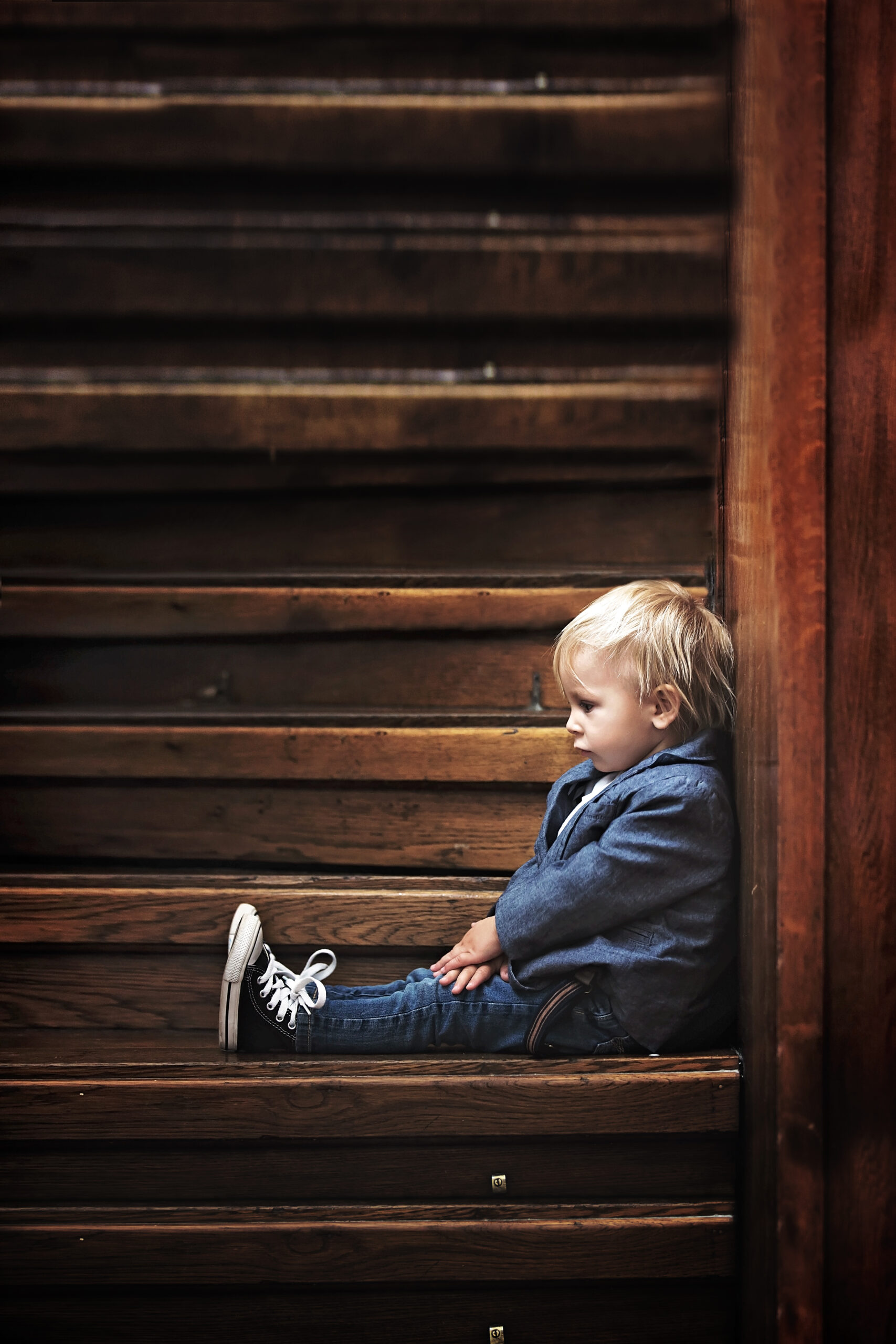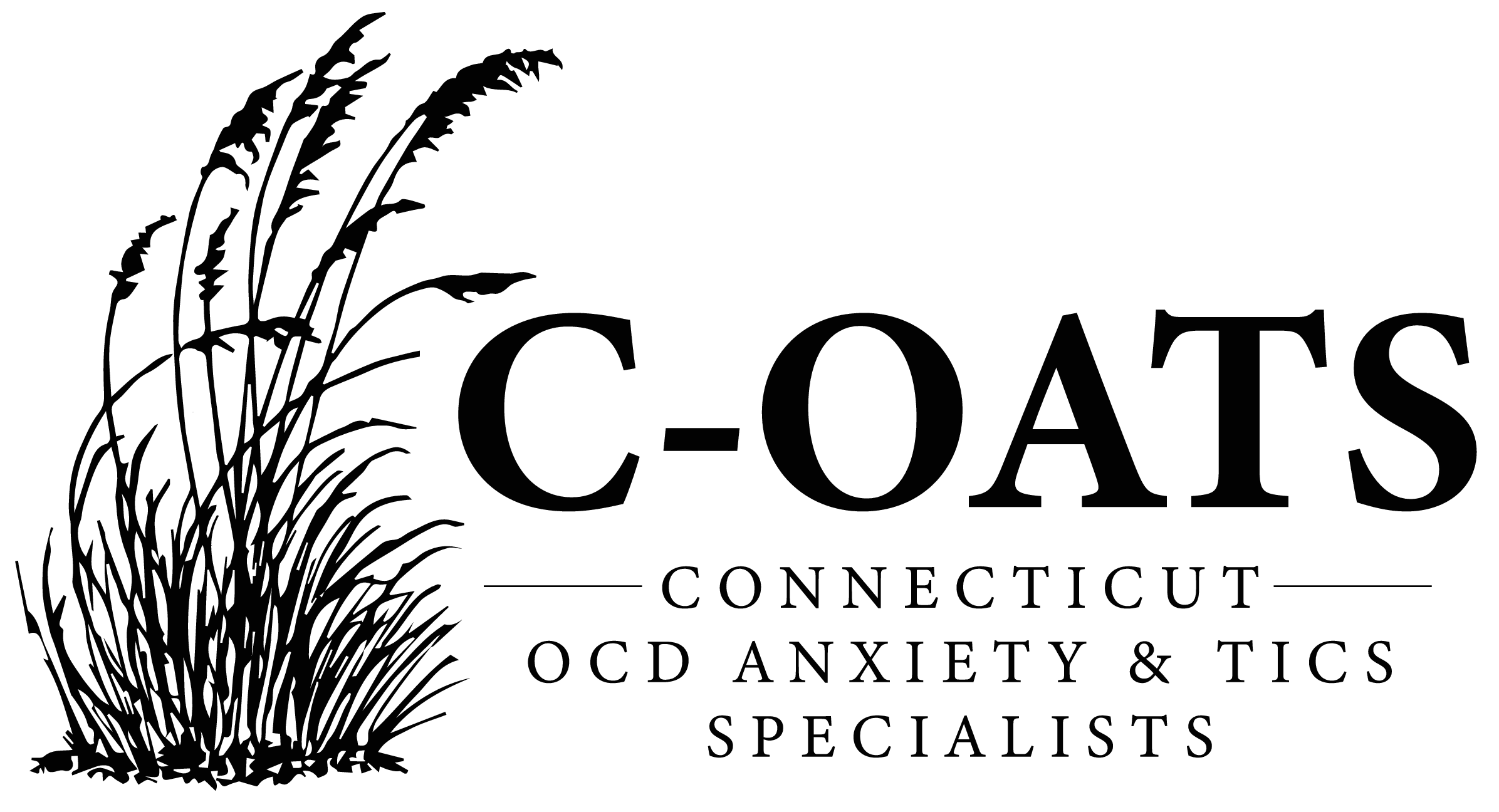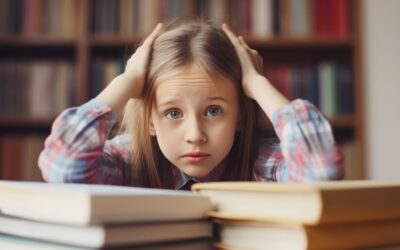Childhood Anxiety Treatment Services
Anxiety specialist for children in Greenwich, CT.
Childhood anxiety is more than just worry. It’s a class of mental health disorders that can significantly affect a child’s daily activities and quality of life. Anxiety tends to wax and wane, but clinically significant anxiety often does not improve with age. More often it grows over time and can lead to accumulating disability (or secondary problems) in the future. Our expert team has over two decades of experience treating children with anxiety. Through comprehensive treatment you will work together toward alleviating the anxiety your child experiences.
Understanding the Types of Childhood Anxiety
One out of every four children are affected by at least one anxiety disorder, including:
- Separation anxiety or trouble separating/being separated from caregiver (at day care or when parents go out)
- Generalized anxiety or worrying more than is necessary about family (parents health, finances), friends (“Do my friends like me?”), or school (“Are my grades good enough?”)
- Social anxiety or experiencing enough anxiety in several social situations (public speaking, talking to authority figures, going on a date) that you avoid them or if confronted with them you try to escape the situation (leaving school or leaving a party)
- Specific phobias or fear of specific things (insects, animals, weather, etc)

Causes of Childhood Anxiety
Childhood anxiety can be caused by various factors, including:
- Genetics: Children with family members who have anxiety disorders are more likely to develop one themselves.
- Brain Chemistry: Neurotransmitter imbalances in the brain can contribute to anxiety.
- Personality: Children who are timid or negative in nature are more prone to develop anxiety disorders.
- Environment: Traumatic life events, stressful environments, or significant changes can trigger anxiety disorders.
- Gene-environment Interaction: Anxious parents are more likely to have children who are anxious, which in turn can trigger parental anxiety and lead to parenting habits that compound the anxiety.
Symptoms of Childhood Anxiety
Symptoms of childhood anxiety can manifest both physically and emotionally, and can include:
- Avoiding things and/or escaping anxiety provoking situations
- Excessive worry most days of the week, for weeks on end
- Trouble concentrating
- Restlessness or agitation
- Fatigue or trouble sleeping
- Irritability
- Headaches or stomachaches
Understanding these aspects of childhood anxiety is essential as they can impact a child’s school performance, relationships, and overall quality of life.
Why Choose C-OATS?
Our approach is patient-centered, allowing children to proceed at their own pace. We believe in a gentle, gradual process that respects the child’s comfort level and readiness. With over two decades of experience, the expert team at C-OATS is dedicated to fostering a nurturing and supportive environment for each child’s unique needs.
Advice for Helping Children with Anxiety
Parents and caregivers play a crucial role in helping children manage their anxiety. Here are some strategies you can use:
- Open Communication: Encourage your child to talk about their feelings.
- Education: Learn about anxiety disorders and share appropriate information with your child.
- Model Healthy Coping Strategies: Show your child how you manage your own stress.
- Encourage Face-to-Face Interactions: Encourage your child to spend time with friends and engage in social activities.
- Professional Help: If your child’s anxiety seems to be interfering with their daily life, seek professional help. Early identification and intervention yields the best short and long term outcomes. Don’t wait – get started early to avoid the development of accumulated disability.
Our Approach to Childhood Anxiety Treatment
At C-OATS, our approach to treating child anxiety is holistic, collaborative, and tailored to the unique needs of each child. We believe that successful treatment requires a comprehensive understanding of the child’s environment, including their home, school, and social life.
A C-OATS we utilize a strengths-based treatment, where we begin by focusing on what a child is already doing, and increasing associated rewards. This helps children see treatment in a positive light because it focuses on their strengths. Our team of experienced clinicians fosters a supportive, non-judgmental therapeutic environment where children feel safe to express their fears and concerns. We use evidence-based treatment modalities such as Cognitive Behavioral Therapy (CBT), which has been shown to be highly effective in treating various forms of anxiety. This approach helps children to identify and challenge unhelpful thought patterns, ultimately enabling them to react more positively to anxiety-inducing situations.
Medication for Childhood Anxiety
When necessary, some children benefit from the addition of Selective Serotonin Reuptake Inhibitors (SSRIs) to their treatment. While CBT and medication are equally as effective as monotherapies – and the combined approach of CBT+Meds is typically the best – starting with CBT is recommended as the front-line intervention as it has no side effects.
FAQs
What is child anxiety?
Child anxiety refers to a persistent feeling of worry, fear, or unease in children. This can manifest in various forms such as separation anxiety, social anxiety, or generalized anxiety disorder. It’s normal for children to experience anxiety occasionally, but when it starts to interfere with their daily activities and overall quality of life, it may be indicative of an anxiety disorder.
What are the symptoms of child anxiety?
Symptoms of child anxiety can range from physical to emotional and behavioral. These may include constant worrying, difficulty sleeping, restlessness, irritability, difficulty concentrating, avoidance of certain situations or places, and physical symptoms such as headaches or stomachaches.
What causes child anxiety?
How is child anxiety diagnosed?
What treatments are available for child anxiety?
The most common treatments for child anxiety are Cognitive Behavioral Therapy (CBT) and medication. CBT is a form of therapy that helps children identify and change negative thought patterns and beliefs that lead to anxious feelings. Children will ultimately face their fears in order to experience the associated improved outcomes. In some cases, medication may be recommended in addition to therapy.
What is Cognitive Behavioral Therapy (CBT)?
Cognitive Behavioral Therapy (CBT) is a type of psychotherapy that helps individuals understand how their thoughts and feelings influence their behaviors. For children with anxiety, CBT can help them identify their anxiety triggers, develop coping strategies, and change negative thought patterns that contribute to their anxiety.
How can parents help a child with anxiety?
Parents can support a child with anxiety by creating a safe and supportive environment at home, encouraging open communication, modeling healthy coping strategies, and seeking professional help when necessary. It’s also important for parents to educate themselves about anxiety so they can better understand what their child is experiencing.
What if my child doesn't want to go to therapy?
It’s not uncommon for children to be hesitant about therapy, especially at first. Parents can help by explaining what therapy is, how it can help, and what they can expect. A good therapist builds rapport by helping the child to appreciate that they understand the situation, and has considerable knowledge about the symptoms and how to help.
Will my child outgrow their anxiety?
Can child anxiety be prevented?
A Parent’s Guide to Child Anxiety Treatment
While occasional anxiety is a common and an expected part of life, anxiety disorders go far beyond temporary worry or fear. The symptoms of anxiety can be crippling and interfere with daily functioning and activities, thus impacting a child’s well-being, development,...
Helping Your Child Overcome Anxiety: Proven Strategies
Empowering Your Child to Face Anxiety Anxiety in children can manifest in various ways, often impacting their daily life and general happiness. As a parent or caregiver, it can be challenging to know the best ways to help. Here are some proven strategies for helping...
Anxiety in Children: Recognizing Symptoms and Providing Support
Understanding Anxiety in Children Anxiety is a normal part of childhood and adolescence, with fears and worries evolving as a child grows and matures. However, when anxiety becomes so overwhelming that it starts to interfere with your child's daily life, it can be a...
Talk With Us
WE LOOK FORWARD TO HEARING FROM YOU. A MEMBER OF THE C-OATS TEAM WILL RESPOND BACK WITHIN 24-48 HOURS UPON RECEIVING YOUR MESSAGE.





